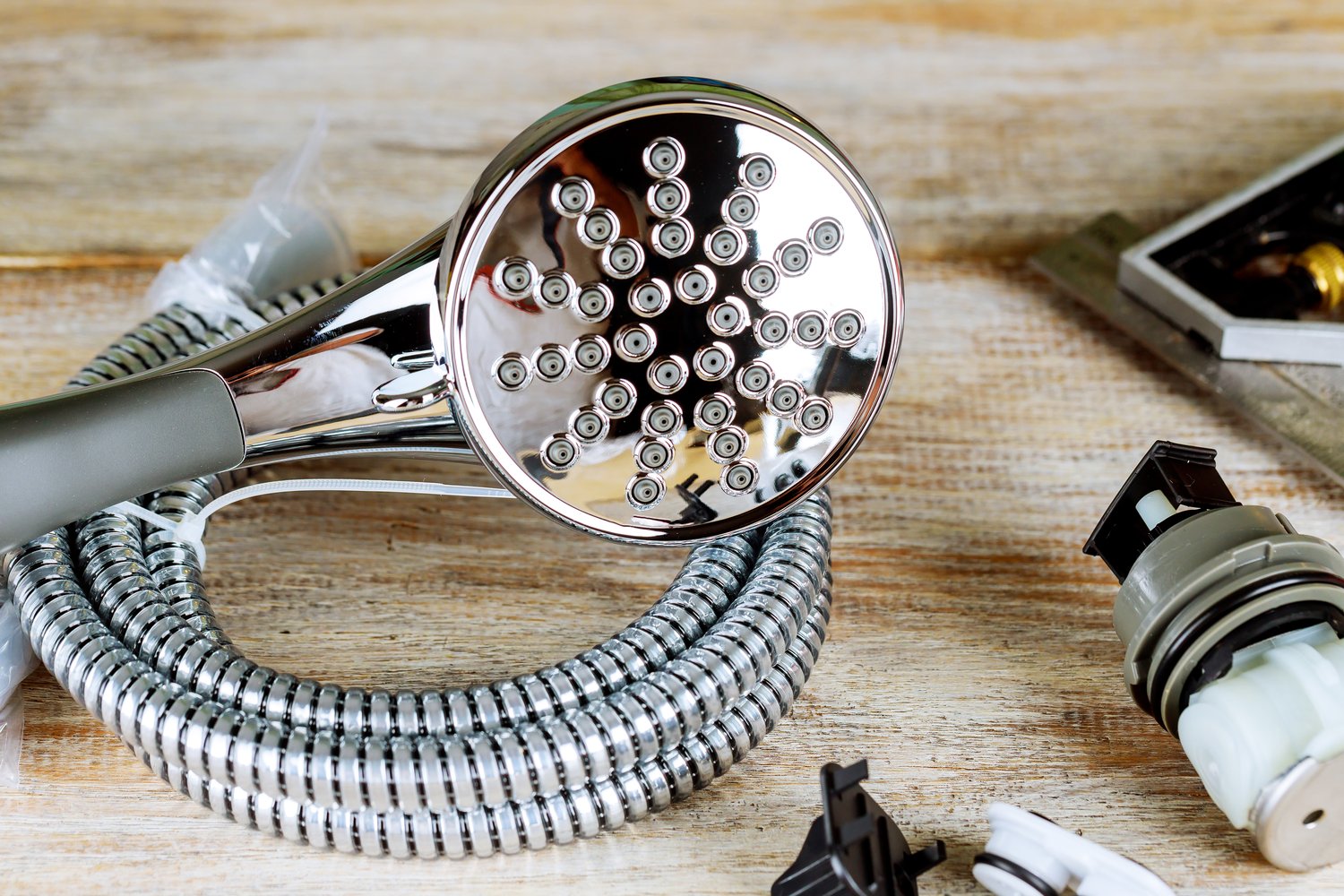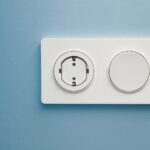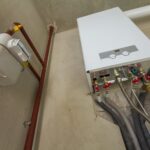Imagine stepping into your shower only to be met with a disappointing trickle of water rather than a refreshing stream. Sudden low shower pressure can disrupt your day and leave you wondering what’s gone wrong. In this article, we’ll explore practical solutions to diagnose and fix the most common causes of this household woe, so you can enjoy a consistent and satisfying shower experience.
- Discover how clogged shower heads and pipes might be affecting your water pressure and learn effective cleaning techniques to restore full flow.
- Get insights into potential issues with pressure regulators or leaks within your plumbing system that could be contributing to the problem.
- Understand how underlying water supply issues can impact your shower experience and explore ways to address them.
By identifying the root causes of low shower pressure, you’ll be equipped to troubleshoot and resolve issues swiftly. For more complex or persistent problems, the article also advises when it might be time to consult a professional, ensuring your plumbing system operates smoothly.
Common Causes and Solutions for Low Shower Pressure
Experiencing low shower pressure can disrupt your daily routine, transforming what should be a refreshing shower into a frustrating experience. Understanding the common causes of reduced shower pressure can help you pinpoint the problem and restore satisfactory water flow.
One of the primary suspects behind low pressure is clogged pipes. Over time, pipes can accumulate debris, leading to obstructions that significantly impede water flow. This is often coupled with faulty fixtures, such as old or corroded shower heads, which can further complicate the issue. Ensuring these components are functioning properly is crucial for maintaining good water pressure.
Another factor to consider is the water supply system itself. Issues in the supply line, like hidden leaks, could lower water pressure across your home. External factors such as municipal water supply problems or a faulty pressure-reducing valve could also be at play. Identifying these causes promptly allows for timely interventions, ensuring that your shower experience is not compromised.
Investigating Clogged Shower Heads and Pipes
If your shower pressure is below par, clogged shower heads and pipes might be to blame. Over time, mineral buildup or debris can accumulate, restricting water flow. This is especially common in homes with hard water, where calcium deposits can form inside the fixtures.
Cleaning methods can vary depending on the level of obstruction. For shower heads, removing and soaking them in a vinegar solution can effectively dissolve mineral deposits. Simply fill a plastic bag with vinegar, attach it to the shower head with a rubber band, and leave it to soak overnight. This can restore water flow without the need for specialized equipment.
When it comes to pipes, using a plumber’s snake or a pipe cleaning solution might be necessary to remove more stubborn clogs. Ensuring pipes are clear not only improves water pressure but also prolongs the lifespan of your plumbing fixtures, providing a more consistent and enjoyable shower experience.
Why Is My Shower Pressure Suddenly Low? Diagnose and Fix 8 Common Causes in Your Home Plumbing System
Experiencing a sudden drop in shower pressure can be puzzling, particularly when it disrupts your daily routine. High on the list of potential causes are issues within your home plumbing system. By identifying the problem, you can often resolve it without extensive intervention, ensuring your shower returns to its satisfying flow.
One prevalent culprit is the pressure regulator. This essential component maintains water pressure balance throughout your home. If it’s faulty or improperly set, it can lead to unusually low pressure in your shower. Inspect the regulator to see if adjustments or replacements are necessary.
Leaks are another frequent cause of pressure drops. They might occur in various parts of the plumbing system, including pipes or fixtures. Detecting leaks demands close inspection of visible pipelines and listening for unusual sounds during water flow.
Similarly, the presence of a faulty valve can lead to decreased water pressure. These valves control the flow and distribution of water and can be found at various points throughout your plumbing system. Ensuring each valve is in good condition and correctly positioned is critical.
Furthermore, consider any potential issues with the main supply line. Blockages or damage here could significantly impact the water pressure in your shower. Periodically checking the supply line for obstructions or visible wear can help prevent long-term problems.
Lastly, do not overlook the importance of a well-functioning water heater. If the heater is struggling to distribute hot water efficiently due to sediment buildup or other issues, it can affect the shower pressure, particularly when using hot water.
By systematically addressing these common plumbing issues, you’ll not only improve your shower experience but also contribute to the overall efficiency and longevity of your home’s plumbing system. If troubleshooting does not resolve the issue, seeking help from a professional plumber might be the best course of action.
Frequently Asked Questions About Low Shower Pressure
What are the most common causes of low shower pressure?
Common causes include clogged shower heads, mineral buildup in pipes, and water supply issues.
How can I tell if my shower head is clogged?
Inspect the shower head for visible mineral deposits and clean it if you notice a reduction in water flow.
Can faulty plumbing affect shower pressure?
Yes, problems like leaks or issues with pressure regulators can significantly reduce shower pressure.
Is it easy to clean a clogged shower head?
Yes, you can usually clean it by soaking it in vinegar to dissolve mineral deposits.
Should I call a professional for persistently low shower pressure?
If basic cleaning doesn’t improve pressure, consulting a professional is advisable to identify potential underlying issues.
Can home water pressure affect shower performance?
Definitely. Low home water pressure often results in reduced shower pressure.





